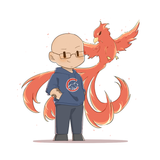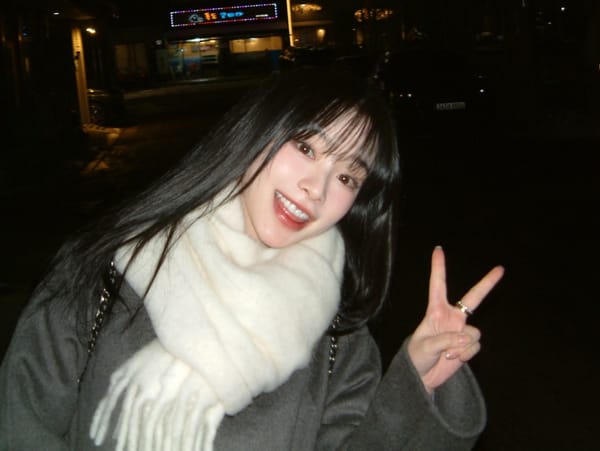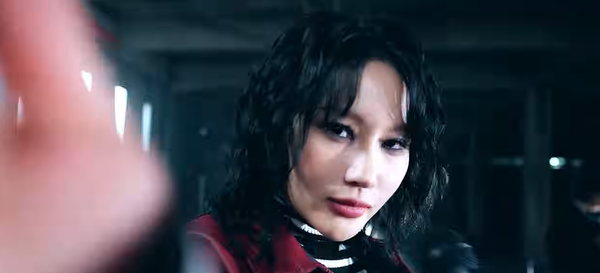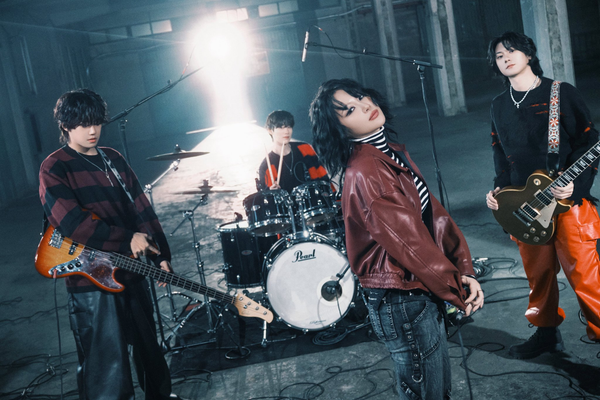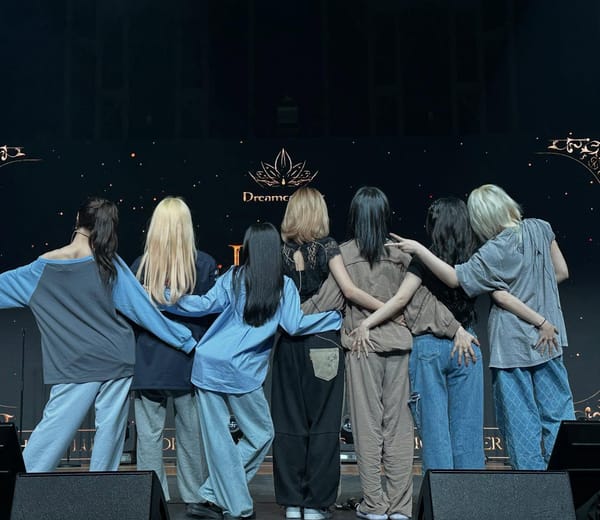Dreamcatcher’s “Dystopia” Helped Me Through A Year Like No Other
K-Pop — Artist Stories
K-Pop’s rock/pop girl group bringing awareness to the damage of online hatred practices affected me on a personal level.

It’s pretty obvious, if you follow my writing on Dreamcatcher regularly, that I’ve written a ton of stuff regarding their “Dystopia” series. It’s not worth really re-hashing from an analysis standpoint — after all, you can always read the linked articles if you want to review them or haven’t had a chance to take a deep dive into the songs.
What I haven’t put forth is how that set of three songs, and the message behind them regarding online hatred, affected me personally. Music, like other mediums, has the potential to inspire and bring significance to one’s life. But I think that more than any other one, it has the biggest potential to do so while also crossing language barriers, especially when there is an emphasis on the message.
Part of why I respect Dreamcatcher as artists and appreciate their music is because they tell stories and build worlds that enhance this message. It isn’t just marketable or catchy music (though there’s certainly an element of that by virtue of the nature of the industry), but also depth and meaning through plot-weaving. That’s a kind of effort that I think is less common among a saturated K-Pop market, and which is part of the reason for Dreamcatcher’s current sustainability. For me, when you have that kind of layering to your music, I can’t help but draw some thoughts and conclusions that might be applicable to my own life.
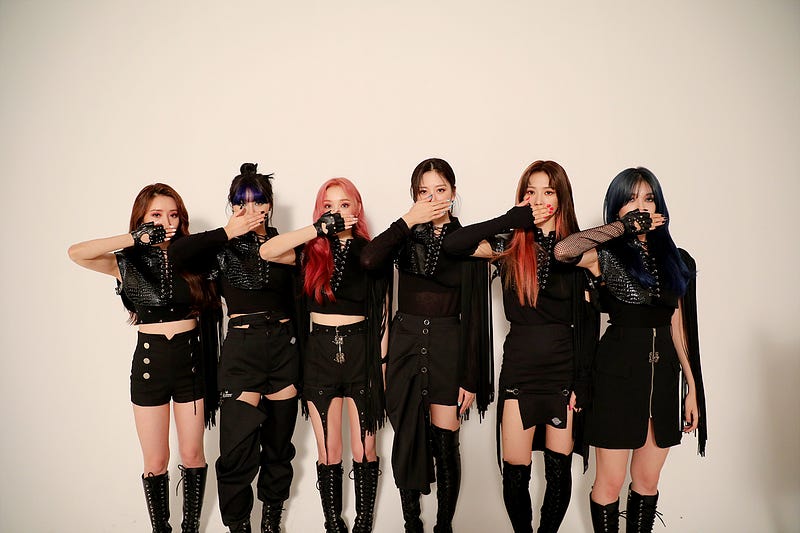
In 2020, as most of us experienced lockdowns and retreated away from real world activities and interactions we came to take for granted, I became much more keenly aware of how destructive hatred can be, especially when communicated over the mostly consequence-free platform for the internet. I also experienced, both professionally and personally, my own fair share of this toxicity and awful behavior.
I’m no stranger to this stuff. For over a decade, I’ve worked in an industry and in a position where I’m exposed to such content regularly. The increased accessibility that social media platforms have given to my co-workers in this industry has been nice in terms of connecting them with those that patronize their content but has also become a double-edged sword as end-users use that same connection for abuse, harassment, and other toxic practices. This past year very much brought these into focus during a pandemic that kept many people home, closer to those platforms, and thus closer to exposure to and in the worst cases participation in said hatred. In short, it hasn’t been fun, especially when being stuck at home and not having something someone relies on to decompress from that cabin fever doesn’t work. Many of the messages, trends, and concerns I’ve had to address are the direct result of toxic feedback and hatred directed my way. I have a pretty high tolerance, but even I have my limits.

That there was a K-Pop group singing about and espousing a determined, yet realistic battle against such hatred was, honestly, inspiring and propped me up through many of my worst days this past year. “Scream” talked about witch hunting, bad language, and harassment. “BOCA” talked about the struggle to create spaces that were free, clear, and defensible against such practices. “Odd Eye” spoke to the reality of the world in trying to maintain said spaces, and how to insulate yourself against its constant difficulties. Each song built upon a feeling I was having about the state of discourse online in 2020, and the culmination of negative emotion about it that I’ve worked to deal with.
But in this, I found I had allies, even if they were halfway around the world, obscured in part by a language barrier, and who were waging their own battle against hatred. The K-Pop industry as a whole has some systemic issues, and artists like Dreamcatcher are frequently exposed to the awful language and hatred that their “Dystopia” songs refer to. Standing up as a non-traditional, not-as-popular group and bringing that issue out into the open through their music is bold, and brave.

More importantly, it was a realistic message, not an idealistic one. By ending up in a place where Dreamcatcher “never finds the utopia they were looking for” but finding contentment (or at least a shield of determination) through looking inward to themselves, they’re acknowledging that destroying hatred requires inner resilience as well as outer dedication. It’s also constant — you’ll always have “people who forget to say nice things”, and a battle of trying to close mouths/avenues of toxicity. But you don’t have to do it alone — there are people out there who understand that fight and will do what they can, in their way, to keep people aware of it. That’s a powerful message, and one that helped when all around me, in a year of unexpected difficulties, changes that seemed unprecedented but were needed, and eventual mental struggle, I needed that boost — that reassurance that I wasn’t by myself on the front line fighting against online hatred.
It’s my desire that as we finally (and hopefully) look to emerge from a pandemic that has been exhausting and harrowing both mentally and physically, that you’ve found your own ways of dealing with it and its effects on online communication, whether that is through Dreamcatcher, or through something else entirely. It hasn’t been easy — and at times, perhaps won’t be moving forward — but I would hope you take solace in the fact that you’re not alone in feeling that way. The message of Dreamcatcher’s “Dystopia” is that fighting hatred and trying to make a better world, as a result, is never over, and never easy, but it is doable.
Speaking just for me, I got myself a permanent reminder so I wouldn’t forget.

